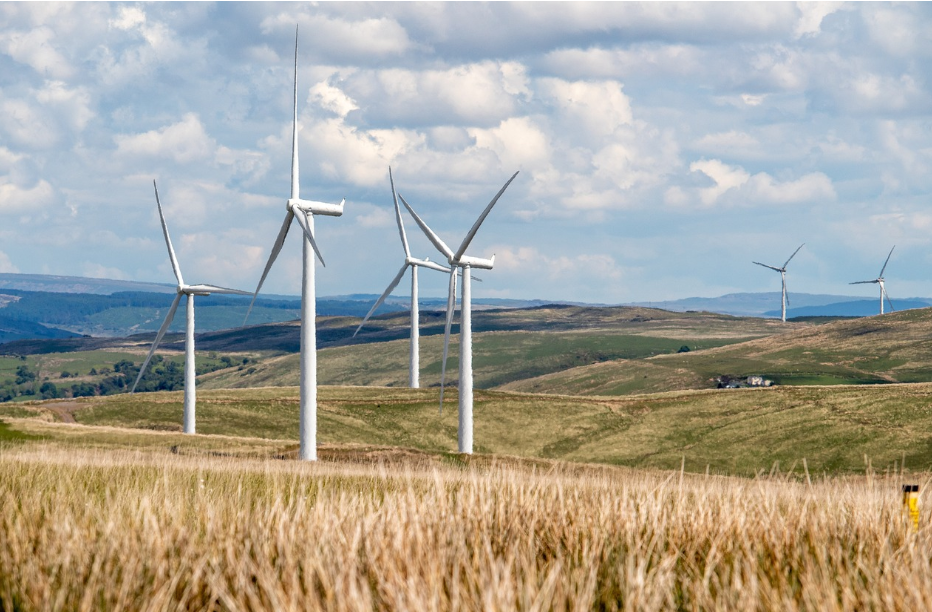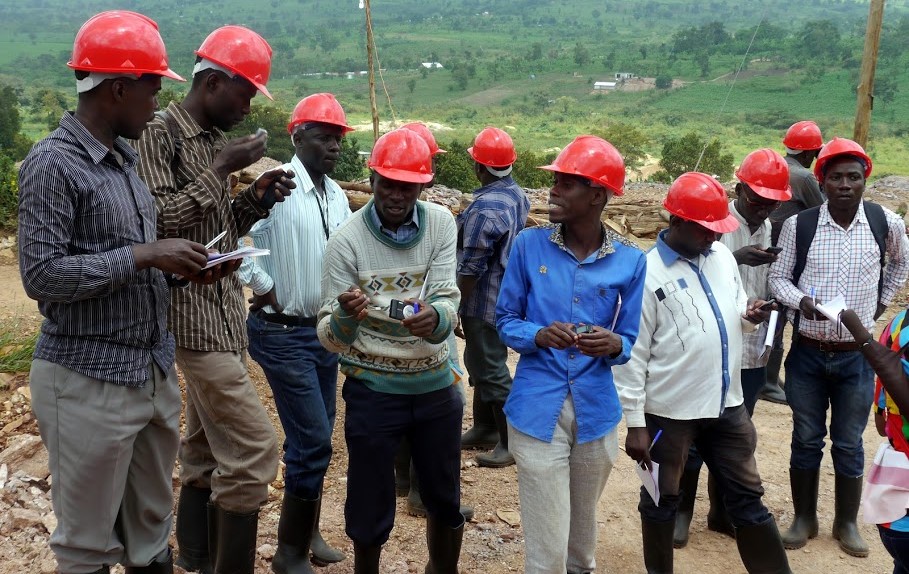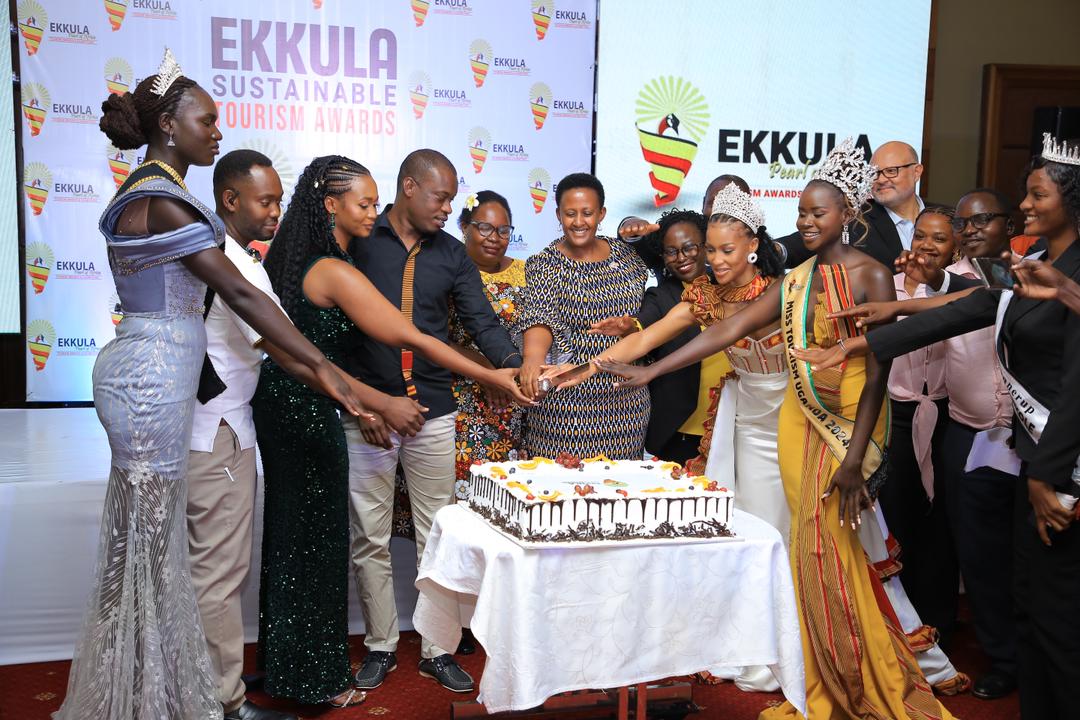Uganda, a landlocked nation in East Africa, is rich in natural resources and has a diverse ecosystem that supports various forms of renewable energy. With a population of approximately 45.9 million, the country faces significant challenges related to energy access, deforestation, and poverty. This article explores Uganda’s renewable energy initiatives, focusing on the potential for solar energy, the current state of the energy sector, and the strategies needed to foster a sustainable energy future
Uganda’s energy consumption relies heavily on renewable sources, primarily traditional biomass like firewood and charcoal. In 2020, modern renewable energy sources accounted for only 22% of the total energy mix. This reliance on traditional biomass poses significant environmental and health risks, making a swift transition to modern renewable energy essential. Before we dive into the topic you can click here and explore new exciting games to try your luck.
Energy Access and Consumption
As of 2020, about 42% of Uganda’s population had access to electricity, with only 5% enjoying clean cooking facilities. The Ministry of Energy and Mineral Development (MEMD) reports that electricity consumption represents a mere 2% of the primary energy demand. Hydropower is the backbone of Uganda’s electricity generation, boasting a total capacity of 84%.
Renewable Energy Sources
Learn more about Uganda’s renewable energy, where an impressive 92% of the energy supply comes from renewable sources—though this statistic can be misleading. Remarkably, 98% of this renewable energy is bioenergy, mainly used for cooking, which has driven severe deforestation. Each year, Uganda’s demand for biomass stands at 53 million tonnes, yet the supply falls short at only 26 million tonnes.
The Role of Solar Energy in Uganda
Solar energy presents a promising opportunity for Uganda to diversify its energy sources and improve access. With high solar radiation levels nationwide, solar power can be crucial in achieving energy sustainability.
Solar Energy Potential
Uganda receives considerable solar irradiation, with many regions exceeding 2000 kWh/m² annually. This abundant solar resource can be harnessed through various technologies, including solar photovoltaic (PV) systems and solar thermal applications. The potential for solar energy in Uganda is immense, but significant investment and infrastructure development are required to tap into this resource effectively.
Productive Use of Renewable Energy (PURE)
The Ugandan government, in collaboration with various stakeholders, has initiated efforts to promote the productive use of renewable energy (PURE). This initiative aims to enhance the application of solar energy in agriculture, small-scale industries, and other productive sectors. By focusing on the productive use of energy, Uganda can improve livelihoods, create jobs, and stimulate economic growth.
Challenges Facing Renewable Energy Initiatives
Despite the vast potential for renewable energy in Uganda, several challenges hinder progress. Addressing these challenges is crucial for the successful implementation of renewable energy initiatives.
Infrastructure Limitations
One of the primary obstacles to expanding renewable energy access is inadequate infrastructure. Many rural areas lack the necessary grid connections to support electricity distribution. Without a robust infrastructure, renewable energy projects struggle to reach their full potential.
Financial Constraints
Funding remains a significant barrier to developing renewable energy projects in Uganda. Many investors hesitate to commit resources to the energy sector due to perceived risks and uncertainties. To attract investment, the government must create a more favorable business environment through policy reforms and incentives.
Policy and Regulatory Framework
While Uganda has made strides in developing energy policies, there is still a need for a comprehensive regulatory framework to support renewable energy initiatives. Clear guidelines and regulations are essential to ensure projects are executed efficiently and sustainably.
Government Initiatives and Policies
Sustainable Energy for All (SEforALL)
The SEforALL initiative aims to provide universal access to affordable, reliable, sustainable, and modern energy by 2030. This initiative aligns with the United Nations’ Sustainable Development Goal 7 (SDG7) and sets ambitious targets for Uganda’s energy sector.
National Roadmap for Productive Use of Solar Energy (NR-PUSE)
The NR-PUSE outlines a strategic approach to harnessing solar energy for productive uses in Uganda. This roadmap emphasizes the need for collaboration among government agencies, development partners, and private sector players to achieve a common vision for the country’s energy future.
Financing Mechanisms
To support renewable energy initiatives, the Ugandan government has explored various financing mechanisms, including public-private partnerships and international funding sources. These mechanisms are vital for mobilizing the necessary resources to implement renewable energy projects.
Community Engagement and Awareness
Engaging local communities and raising awareness about renewable energy are essential for promoting its adoption. Community involvement fosters a sense of ownership and encourages the sustainable use of energy resources.
Education and Training Programs
Implementing education and training programs can empower local communities to embrace renewable energy technologies. By equipping individuals with the skills needed to install and maintain solar systems, communities can benefit from increased energy access and economic opportunities.
Awareness Campaigns
Awareness campaigns can help inform the public about the benefits of renewable energy and the importance of transitioning away from traditional biomass. These campaigns can promote clean cooking solutions and encourage households to invest in solar technologies.
The Future of Renewable Energy in Uganda
The future of renewable energy in Uganda is promising, but it requires concerted efforts from all stakeholders. By addressing existing challenges and capitalizing on available resources, Uganda can achieve a sustainable energy future.
Diversifying the Energy Mix
To enhance energy security, Uganda must diversify its energy mix beyond hydropower and biomass. Incorporating solar, wind and geothermal energy can create a more resilient energy system that meets the needs of the population.
Investment in Research and Development
Investing in research and development is crucial for advancing renewable energy technologies in Uganda. By fostering innovation, the country can develop locally appropriate solutions that cater to its unique energy challenges.
Conclusion
Uganda’s renewable energy initiatives hold great potential for transforming the country’s energy landscape. By embracing solar energy, addressing infrastructure challenges, and fostering community engagement, Uganda can pave the way for a sustainable energy future. The commitment of the government, private sector, and local communities will be crucial in realizing these ambitious goals.
Do you have a story in your community or an opinion to share with us: Email us at Submit an Article









